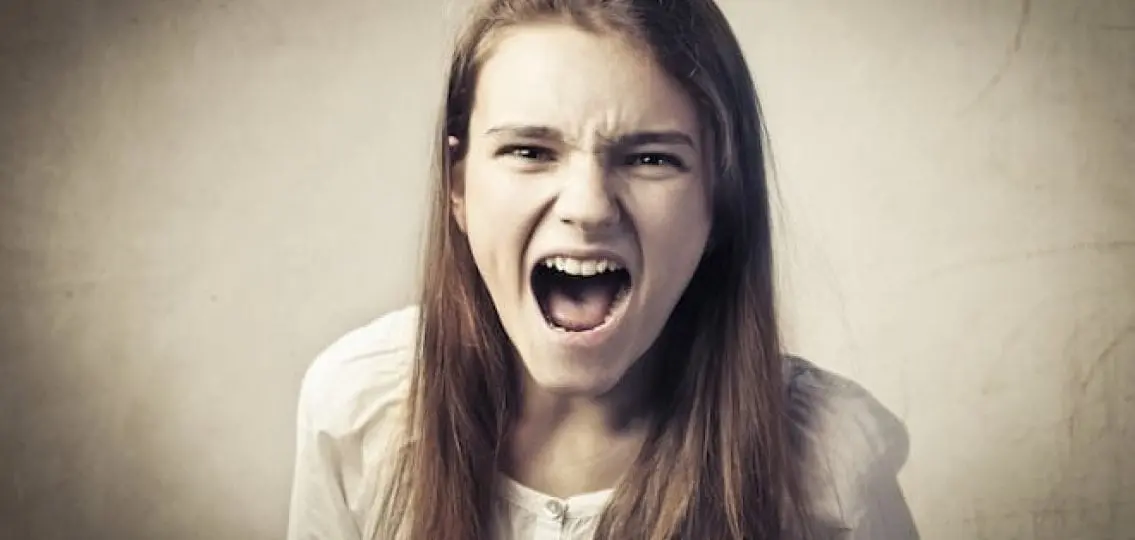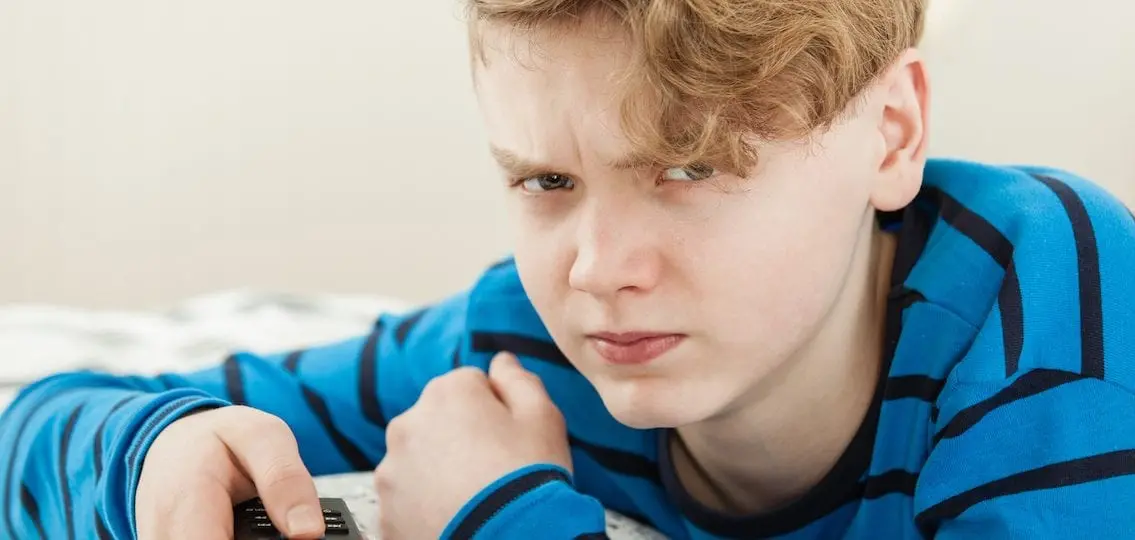When I was about 25 I got a job working at a wilderness camp for juvenile delinquents between the ages of 13 and 17. These kids already had disturbingly long rap sheets — battery, multiple court violations, truancy, theft, possession of narcotics, etc. Many of them had been sent to the camp involuntarily by a judge.

After my first few days I remember trying to speak to one particular teenager about something. As I spoke he interrupted me over and over again with loud engine roaring sounds to drown out what I was trying to say. He looked me right in the eyes as he was doing it with a “What you gonna do about it?” look on his face. I was blown away by this level of disrespect. He noticed how I was reacting and stepped it up a notch, attacking me with a whole host of unfamiliar but obviously vulgar insults with a devilish grin flashing across his face.
Furious, I screamed, “I can’t believe how disrespectful you’re being!” Thankfully, a colleague pulled me aside and helped me to calm down. He said, “You can’t let them see you lose your cool like that. You’ll fall right into their trap.” I wasn’t quite sure what this trap was, but I knew I had felt completely powerless in that situation.
As I gained more experience in handling disrespect, I found it easier to avoid the trap, but I didn’t really understand the root of the disrespect.
It all boiled down to one word: Pain.
Their stories involved abuse, neglect and despair, gangs, violence, drugs, cops, judges, expulsions, failures, and punishments. Their parents were often dealing with addiction, were incarcerated or had been murdered. Most of these teens believed that no one cared about them.
Why Teenagers Are Disrespectful
Years later, after completing a Masters in Marriage and Family Therapy, I still couldn’t explain this lack of respect, not to my satisfaction anyway. It was only after doing some post-graduate work at the Florida Psychoanalytic Institute that I started to understand. I see two reasons for teenage disrespect.
First, when you’re disrespectful you don’t have to face hard truths about your life and how you see yourself. These kids are trying to disconnect from and repress the incredibly painful and intolerable emotions that inevitably occur as a result of a toxic childhood.
Second, if these teenagers can cause the adults to become enraged, then the adult will ignore the deeper problems and focus instead on the disrespect. And if the adult becomes angry enough, the teenage can also focus on the anger. Then they could dismiss whatever the adult was saying in the first place.

The more I understand disrespect in teenagers the more I have noticed that my reaction to it has changed. I’ve started dealing with disrespect differently. These days I tend to react much more empathetically with something like a “Whoa… there’s a lot of pain in this kid” as opposed to “What did he just say to me? That little…!!!!” Obviously, for someone who works almost exclusively with teenagers the former reaction tends to open more doors that the latter.




